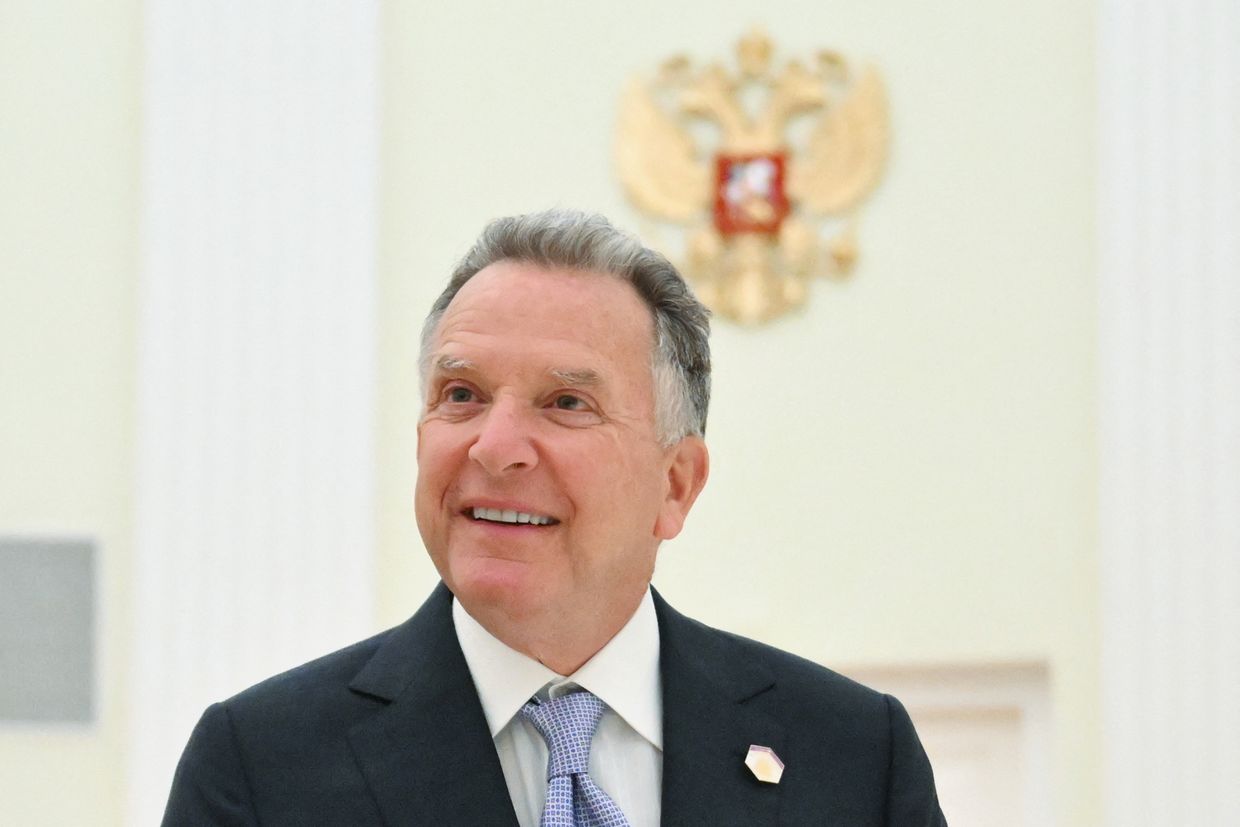
U.S. President Donald Trump's Special Envoy for the Middle East, Steve Witkoff, relied on translators from the Kremlin in his meetings with Russian President Vladimir Putin, NBC News reported on May 10, citing a U.S. official and two Western officials with knowledge of the talks.
Witkoff, who has emerged as Trump's de facto personal envoy to Russian President Vladimir Putin, has met with the Russian president several times in recent months. His most recent visit took place in Moscow on April 26, the day after a mass missile attack killed 12 people in Kyiv.
Witkoff — a real estate tycoon who does not speak Russian — did not employ his own interpreter during these meetings, officials told NBC News. The decision represented a breach of typical protocols and rendered him dependent on Kremlin-provided translators.
"If they speak to each other in Russian, he doesn't know what they are saying," one Western official said.
Michael McFaul, former U.S. ambassador to Russia, called Witkoff's refusal to use his own interpreter "a very bad idea."
"I speak Russian and have listened to Kremlin interpreters and U.S. interpreters at the same meeting, and the language is never the same," McFaul told NBC News via email.
Witkoff's conduct in high-profile negotiations has been previously called into question. The New York Post reported on April 30 that his approach caused concern among White House officials, with sources citing his use of Kremlin translators as one problematic choice.
One source described Witkoff as a "nice guy, but a bumbling f***ing idiot."
In a statement provided to NBC NEws, White House Deputy Press Secretary Anna Kelly said that Witkoff "abides by all security protocols in coordination with the State Department."
U.S. President Donald Trump has increasingly expressed frustration with his inability to secure a ceasefire in Russia's war against Ukraine. While his administration has sought warmer ties with Moscow, Trump backed Ukraine and Europe's proposal for a 30-day unconditional ceasefire beginning March 12 and said he would impose tougher sanctions against Russia if Putin refused.
Putin did not agree to the proposal. In remarks on May 11, he instead invited Ukraine to begin direct negotiations in Istanbul on May 15. Russia has consistently refused to accept an unconditional ceasefire in its full-scale war against Ukraine.
Most Russians ‘don’t care about the war,’ says journalist Ekaterina Barabash after escaping Russia
In early May, 64-year-old film critic and journalist Ekaterina Barabash made international headlines when it was revealed that she had pulled off a daring escape from house arrest in Russia and sought political asylum in France. Barabash was put under house arrest in February for posts that she had made criticizing Russia’s war against Ukraine. She was accused of spreading “knowingly false” information about the military on her social media. The Kremlin has intensified its crackdown on dissent

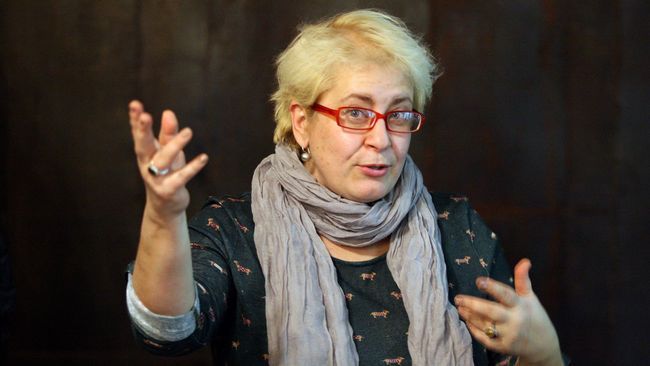
.png)
 German (DE)
German (DE)  English (US)
English (US)  Spanish (ES)
Spanish (ES)  French (FR)
French (FR)  Hindi (IN)
Hindi (IN)  Italian (IT)
Italian (IT)  Russian (RU)
Russian (RU)  6 hours ago
1
6 hours ago
1
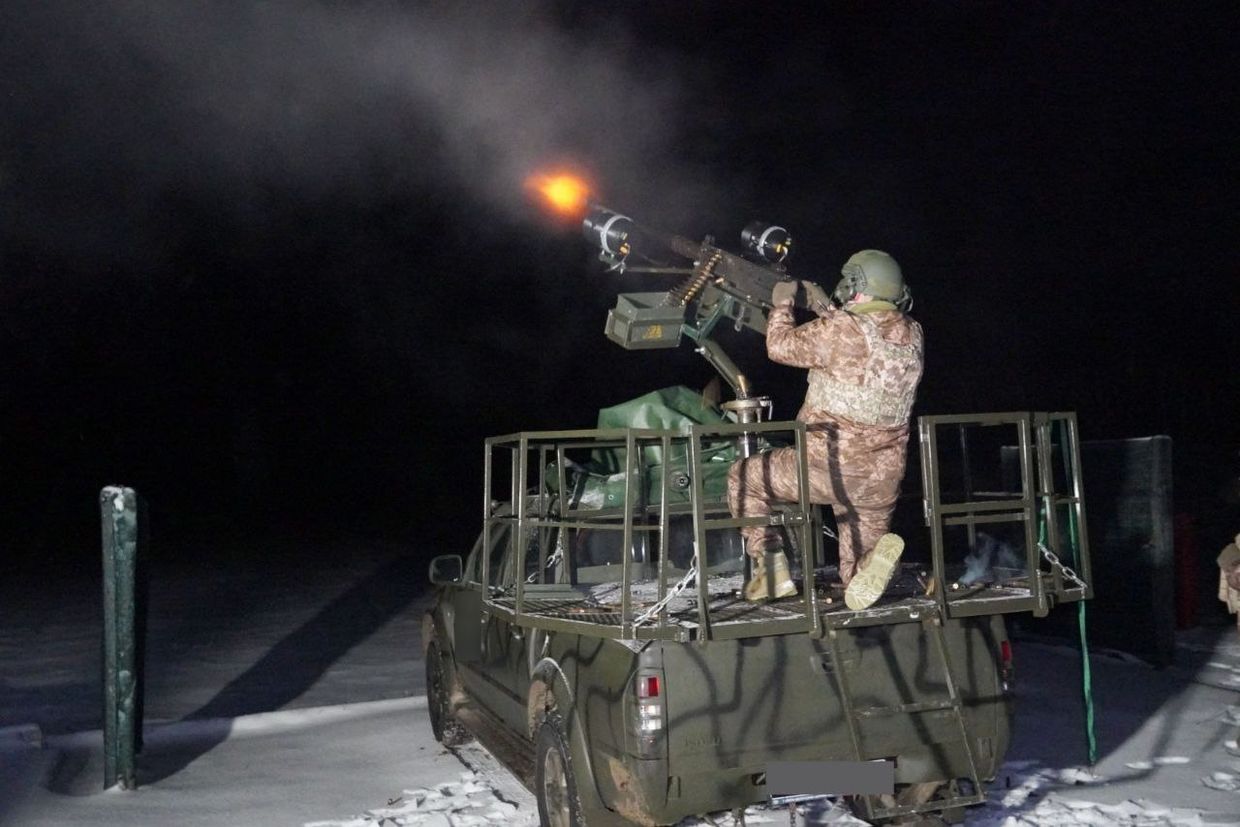
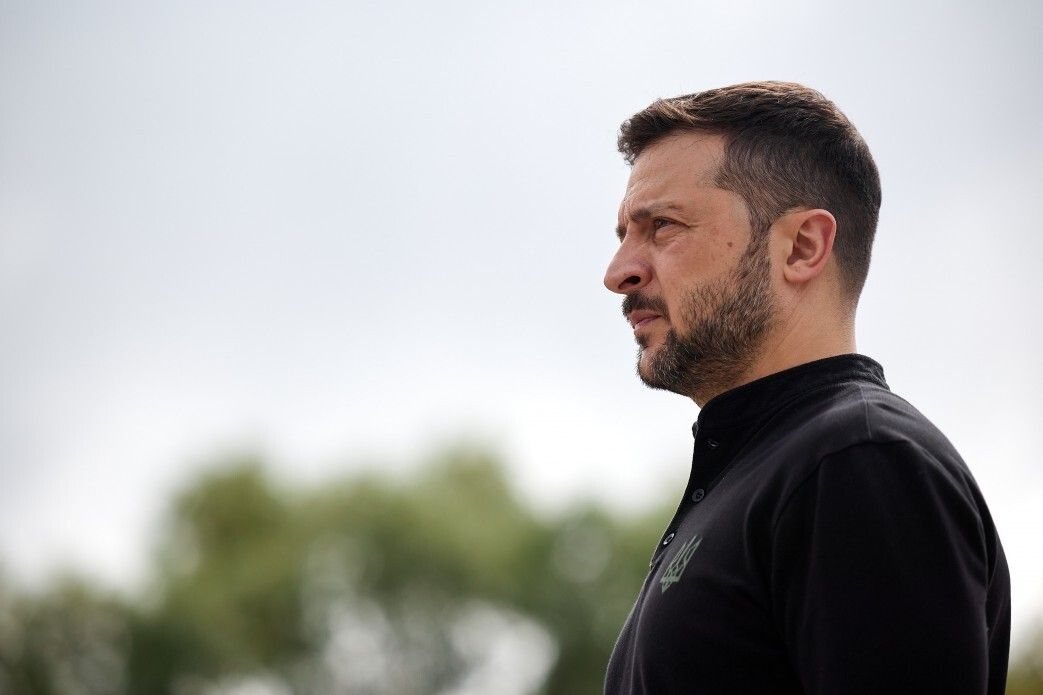
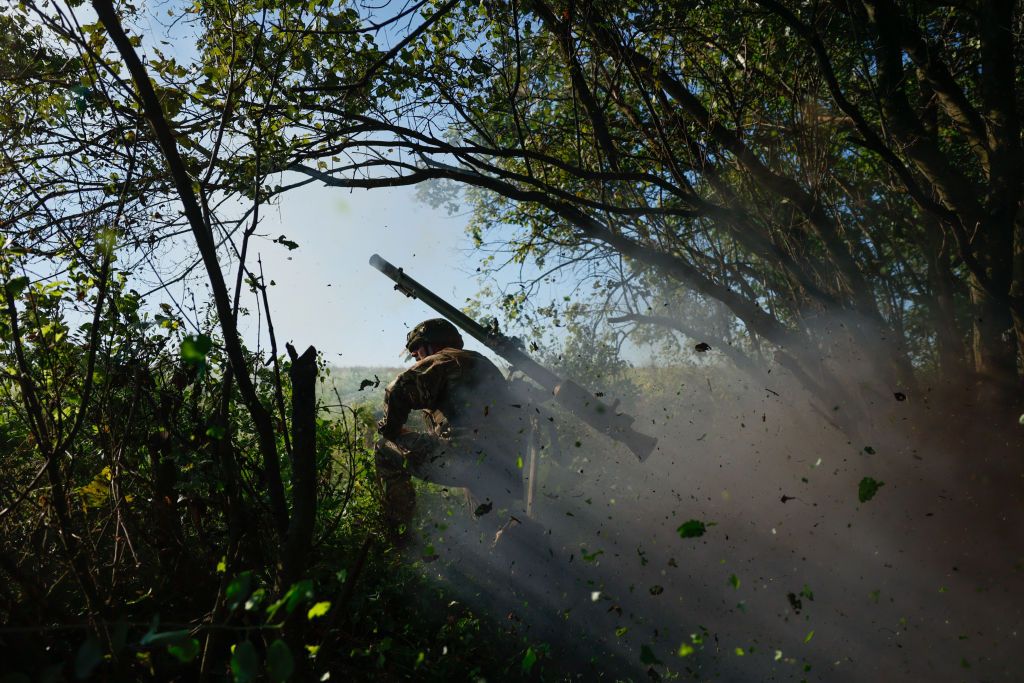
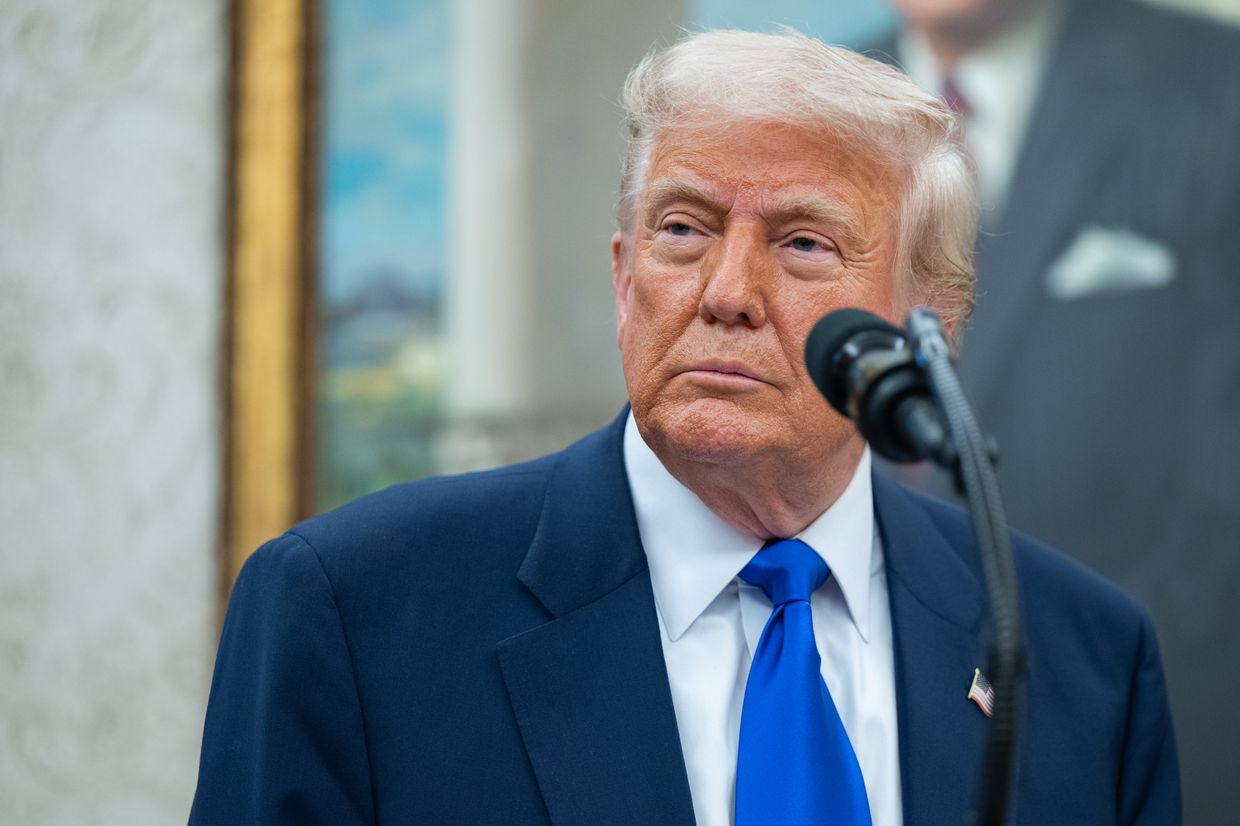



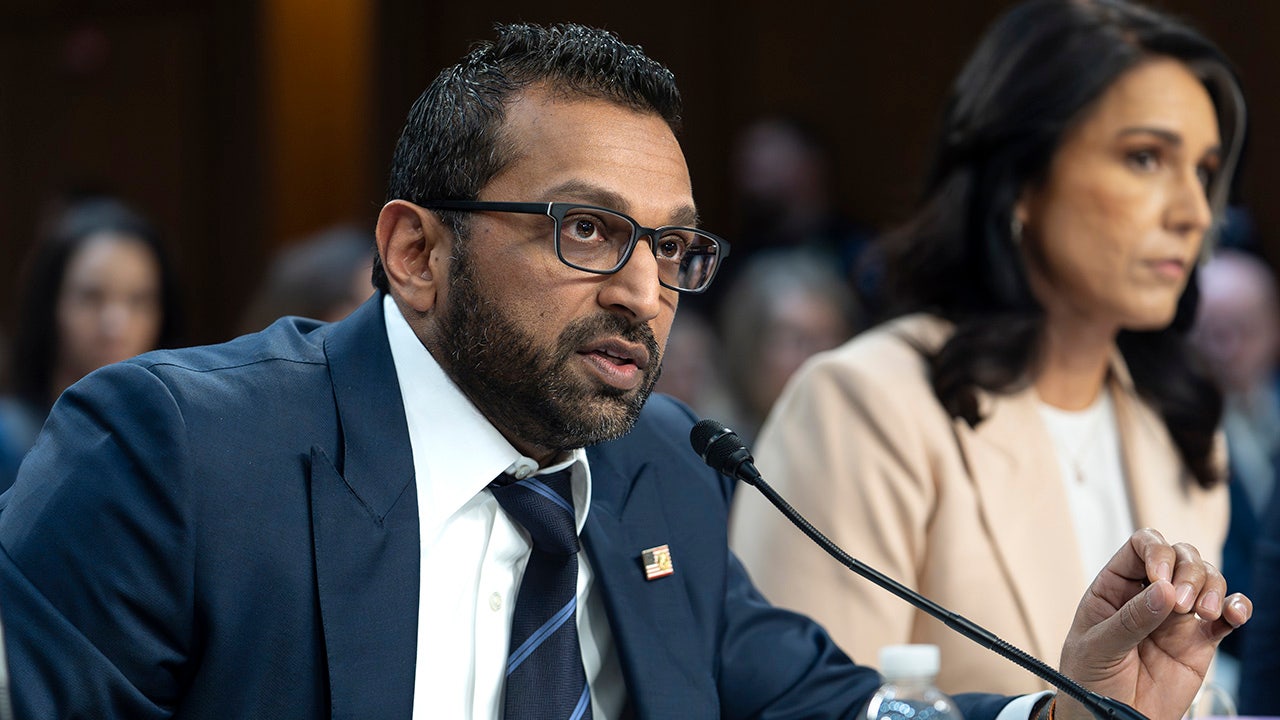

Comments